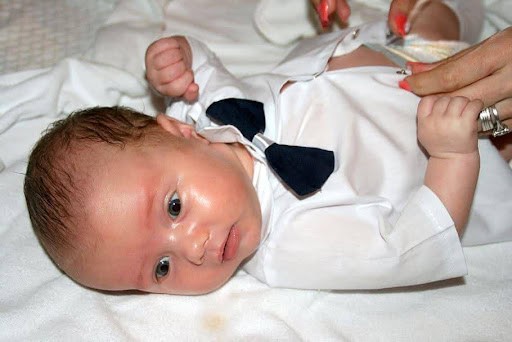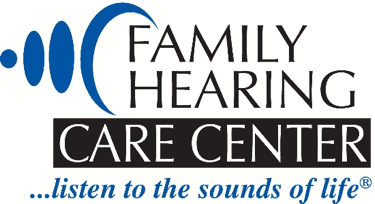
How to Recognize Hearing Loss in Babies and Young Children
Every baby’s world is filled with new sounds: the rustle of a blanket, the cooing of a parent, and the gentle lull of a bedtime song. But what happens when those sounds don’t spark a reaction? Some children may not respond as expected, and while every child develops at their own pace, early signs of hearing loss can sometimes go unnoticed. Understanding what to watch for can help ensure a child receives the support they need to thrive.
Recognizing hearing challenges in young children can be difficult, especially when they are too young to communicate what they hear. Parents and caregivers often rely on subtle clues to gauge a child’s hearing ability, and missing these early signs can lead to delays in speech and learning. Pediatric hearing care professionals recommend paying close attention to developmental milestones to determine if a child might benefit from a hearing test.
Signs of Hearing Loss in Infants
Babies typically respond to sounds from birth, making it possible to spot early hearing concerns. An infant with hearing loss may not startle at loud noises, react to a parent’s voice, or turn their head toward a sound. If a baby does not babble or begin imitating sounds by six months, it may be worth discussing a hearing test with a pediatric hearing health professional.
As babies grow, they usually become more responsive to their surroundings. By nine months, most infants recognize familiar voices and attempt to make simple sounds. If a child remains unresponsive to noises or does not react when their name is called, it could indicate a hearing issue that requires further evaluation.
Common Clues in Toddlers
Toddlers who struggle to follow simple verbal instructions may have difficulty hearing certain sounds. While occasional distraction is normal, consistently ignoring spoken requests or responding only to visual cues can signal hearing loss. If a child frequently watches others for guidance instead of reacting to spoken words, a hearing test might be necessary.
Speech delays are another significant sign of hearing challenges. By age two, most children begin combining words and forming short sentences. If a toddler speaks very little, has unclear speech, or relies heavily on gestures, parents should consider pediatric hearing care to rule out hearing-related concerns.
Indicators in Preschool-Aged Children
Preschoolers with undiagnosed hearing loss may struggle in social settings. They might have trouble engaging in group activities, misunderstand instructions, or appear withdrawn. Children who often ask for repetition or seem confused during conversations might not be hearing words clearly.
Frequent ear infections can also contribute to hearing difficulties. Some children experience temporary hearing loss due to fluid buildup, which can impact speech development. Regular hearing tests can help determine if a child’s hearing concerns stem from an underlying medical issue.
How Hearing Loss Affects Language Development
Clear hearing is important for language learning, and children with undiagnosed hearing loss may have difficulty developing strong communication skills. When a child struggles to hear certain sounds, they may mispronounce words or have a limited vocabulary. Early intervention can provide access to therapies and tools that help children build necessary speech and listening skills.
Social interactions can also be affected when a child cannot fully engage in conversations. Frustration may arise from frequent misunderstandings, leading to behavioral challenges. Pediatric hearing care can identify issues early and offer strategies to support a child’s communication growth.
When to Seek a Hearing Test
Any concern about a child’s hearing should be discussed with a hearing health professional. If an infant does not react to sounds, a toddler struggles with speech development, or a preschooler has difficulty following conversations, a professional hearing test can provide answers. Early detection allows families to explore treatment options that can make a meaningful difference in a child’s development.
Regular hearing screenings are recommended for all children, especially if there is a family history of hearing loss or frequent ear infections. Pediatric hearing health professionals can assess a child’s needs and recommend appropriate steps to ensure they receive the necessary support.
